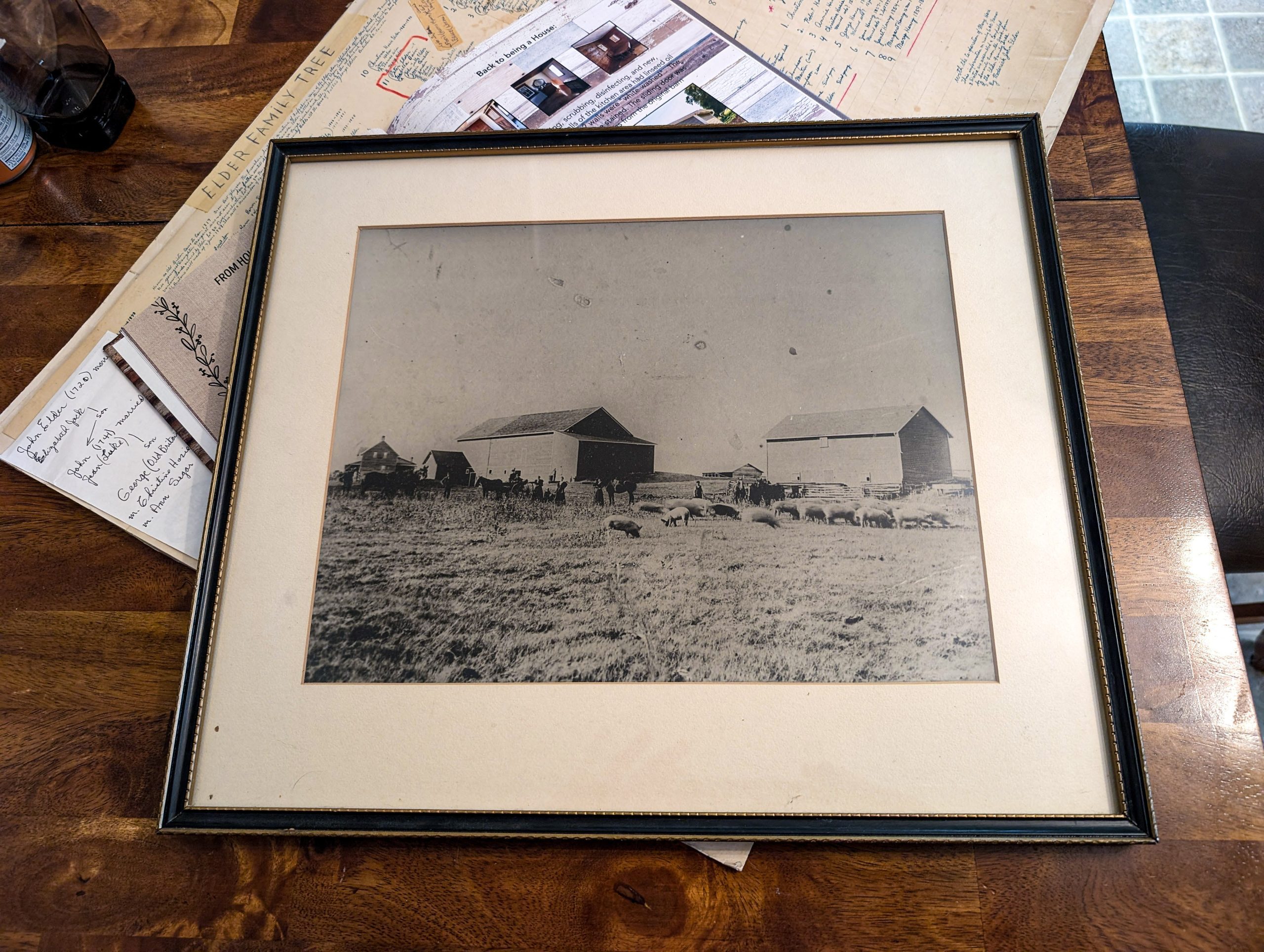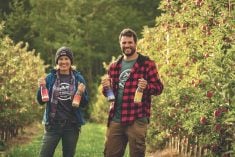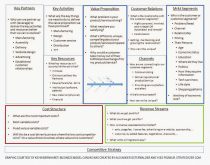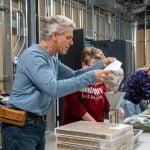Of course farmers are proudly independent, and of course there are huge advantages in fixing your own problems and setting your own direction. But if diversification might be on your agenda, or if you’re dreaming of launching an innovative new business, there can be big costs too.
Today, there’s even more proof that mixing with other inventive and entrepreneurial spirits is good for business, especially when you’re getting your new venture off the ground.
You’ll be good for other entrepreneurs too, and you have a network, it can even be great for your communities and for the wider ag industry as well.
Read Also

Why you should preserve your farm’s history
There was a big cast iron dinner bell in the middle of the farmyard where Maggie Van Camp grew up….
“Farmers are some of the finest business people around,” says 2023 Nuffield Scholar, Shawn Moen, who has spent 15 weeks travelling to six countries exploring different collaborative agrifood models.
“When you think about business decisions, there are few business people that I would rely on to make a good practical decision more than a farmer. They know what matters at the end of the day.”
Based on research, Moen says he sees a way to make that pay even more.
“Farmers and rural people are exceptionally good at collaborating when there’s a crisis at hand,” he says. “We need to start looking at opportunity through that same collaborative lens.”
In fact, collaboration has become one of the hottest topics in business schools, no matter what industry you’re looking at, so Moen — who began life on a south Saskatchewan farm, became a respected lawyer and then left that career to launch a successful craft brewery — has travelled the world as part of his Nuffield scholars research program to check out collaborative clustering initiatives such as business incubators, designated development districts, collective retail facilities and destination marketing initiatives.
Would any have a potential fit for entrepreneurial farm ventures?
To Moen, it boiled down to which are best at fostering a new trait called co-opetition. (Moen recommends Co-opetition by Adman Brandenburger and Barry Nalebuff for more detail.)
Co-opetition, he learned, works by encouraging collaboration with people you might think are your competitors,
Business builders get together to swap ideas about parts of their business that aren’t ultra senstitive. Basically, they talk about their strengths, commonalities and differences to see how they can complement each other.
Not surprisingly, the biggest challenge is the human element. Co-opetition requires trust, and farmers in particular may struggle with developing these kinds of business relationships.
“The rubber hits the road,” Moen says. “How willing are people to collaborate? That requires some concerted effort.”
But it pays. Time and again, Moen says, he found that business startups that were able to collaborate were more innovative as well as more resilient in the face of disruption and external crises.
What might that look like in practice for farmers?
In its simplest form, it could mean getting into a network that lets you listen in on what others are doing that could help you. And on your part, you’d share some of what you’ve learned that is helping you in your own business.
“Perhaps there may be equipment sharing, joint marketing or bulk purchasing opportunities,” Moen says. “Maybe it’s just as simple — and this is something that is undervalued from a collaborative perspective — as being more open with your circumstance as a business owner and the ups and downs of it all. Understanding that people are going through similar challenges can be an excellent collaboration point in the sense of building some confidence and recognizing joint problems.”
A personal journey to collaboration
Moen, as mentioned above, grew up on the fifth-generation family farm at Cabri, and it was there that he began looking for ways to get beyond the traditional grain markets and the cap they put on farm revenues.
This led him to travel the world to explore different business models and then to open 9-Mile Legacy Brewing with his best friend and farming neighbour, Garrett Pederson.
“A couple of years ago, we made a durum wheat beer at the brewery. It was a pride point to re-imagine how we’re approaching ag value and encouraging people to think about the different products that we can make.”
Barriers become bridges
It takes more than a great product to make a great business, though. “Any time you’re starting a business, there’s a number of traditional barriers,” Moen says, who says farmers face a limited labour pool, distance from their customers and more.
And the usual way to overcome them is to throw more money in the pot. But maybe it doesn’t have to cost as much as we’ve thought in past
“When people can authentically, and in good faith, explore with their fellow participants what they do well and don’t do well and how those puzzle pieces might fit together, they need less capital a lot of time,” Moen says he found when he went out talking to successful startups. Their goal, he says, is “to succeed in a much more advantageous way than just chancing it with deep pockets.”
Starting a business still takes something unique and hush-hush. For the brewery, he needed to know how to build a workforce, create a communication system and develop an internal culture that would excel at innovation.
Somehow the two — the product side of the enterprise and the business side of it — have to come together, and that’s what Moen wanted to use his Nuffield scholarship to get more insight into.
Can the ideas of clusters, hubs and networks that seem to work in other industries work in farm country too.
If it’s going to happen, he now says, farmers and business people have to build it, not policymakers or governments.
“The great line that I brought back with me from Australia was, as you’re building these things, you got to actively remove the clutter from the cluster,” Moen says. “That’s not to denigrate the role of policymakers, governments, and capital partners, they’re all really important to get these things up and running. But it’s the people that have skin in the game, the operators that need to set the strategic direction because they are exceptionally good at knowing where their customers are.”
Moen says the way to get there is through the co-opetition model.
“It’s basic human stuff,” he says. “It requires trust, vulnerability, empathy and recognizing that this isn’t a zero-sum game and everybody’s up to this. It’s just a matter of making the choice to invest in that sort of relationship and with a longer view of what success actually means.”
The crux of Moen’s study is about the kind of communities that we want to build in Canada and how we can continue to advance our agricultural value industries.
“We can do that by courting large international players to invest in our provinces and they certainly have a place in building up opportunities of scale, but real diversity and the real contribution of GDP is in having a robust small- to medium-enterprise industry, he says, adding that collaborative business models can contribute to re-localization of economies, less dependence on vulnerable supply chains and improved food security.
“It’s about re-localizing opportunity for people at the end of the day,” Moen says. “We’re talking jobs, local service providers and providing aspirational examples to young entrepreneurs: kids that are looking at what the actual opportunities are in their home provinces. Having a vibrant small- to medium-business ecosystem has such a role to play in all that.”
– This article was originally published in the January 2024 issue of Country Guide.
















